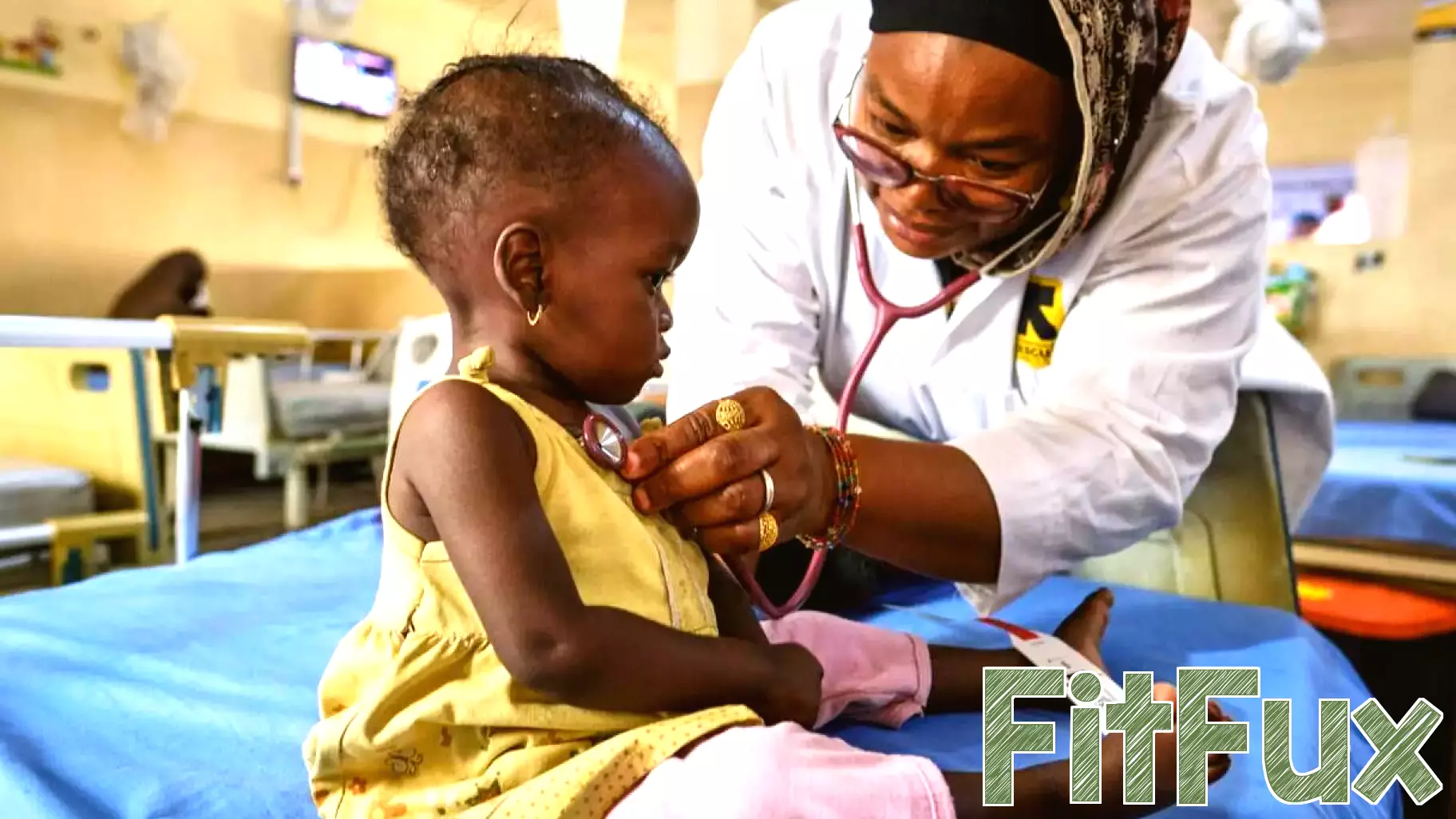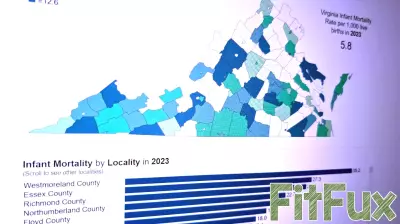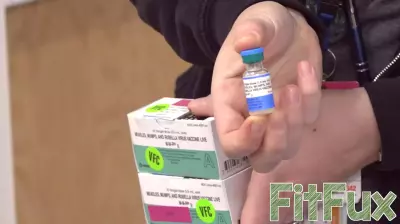March 19, 2025 - 19:57

Cuts to U.S. aid are jeopardizing public health by halting essential programs that combat and treat infectious diseases. These reductions not only threaten the health of vulnerable populations domestically but also create an environment ripe for global outbreaks. With less funding available, initiatives that focus on vaccination, disease prevention, and treatment are at risk of being discontinued or severely limited.
The ramifications of these cuts extend beyond borders, as infectious diseases do not recognize national boundaries. A rise in untreated illnesses can lead to increased transmission rates, potentially sparking epidemics that could affect countries worldwide. Health experts warn that without adequate support, efforts to control diseases such as HIV/AIDS, tuberculosis, and malaria will falter, leading to unnecessary suffering and loss of life.
As the world grapples with various health challenges, the need for robust public health funding has never been more critical. The cuts to U.S. aid could have dire consequences, making it imperative for stakeholders to advocate for sustained investment in global health initiatives.



